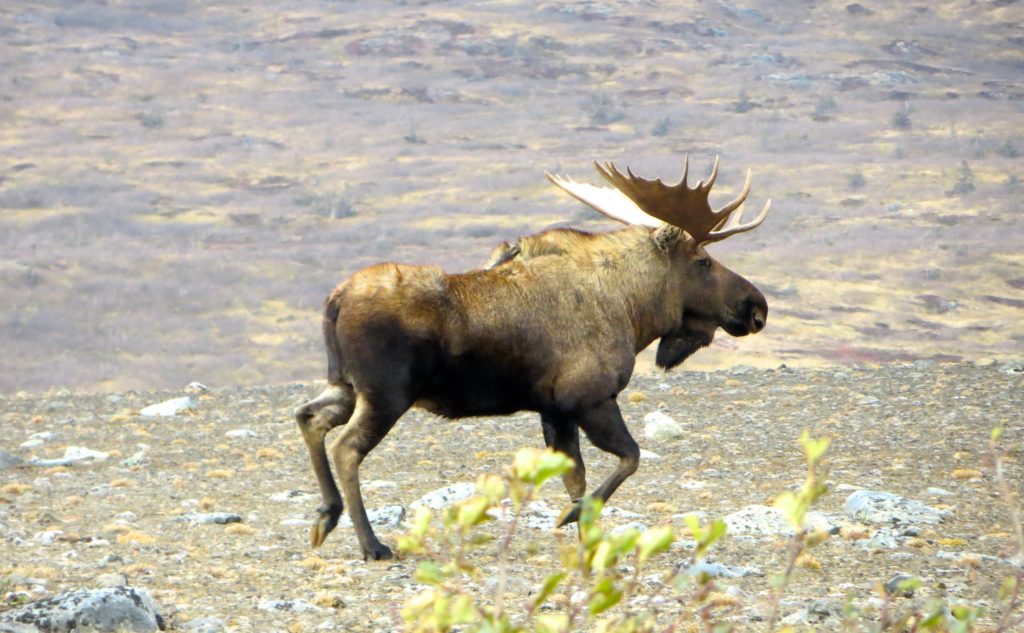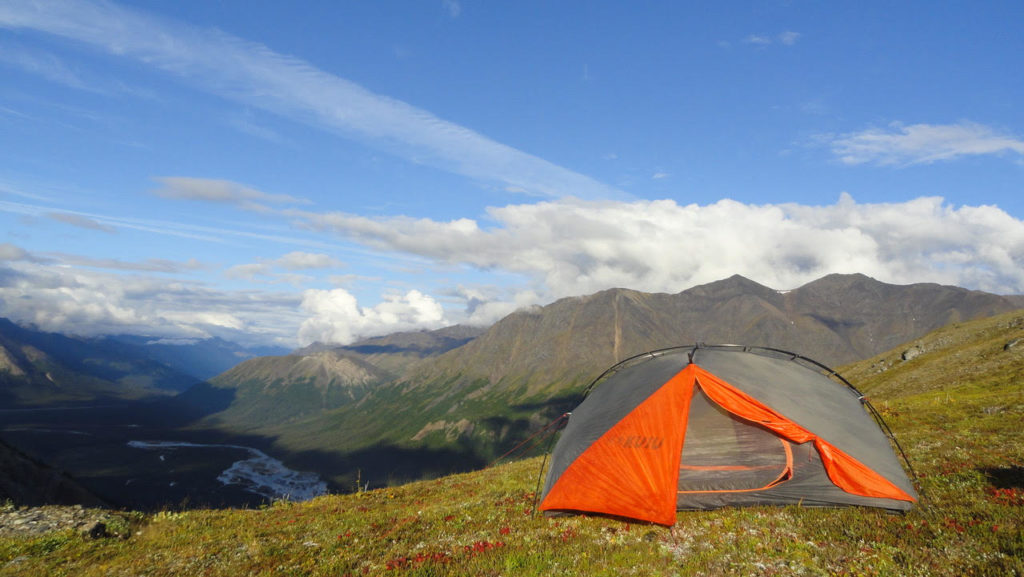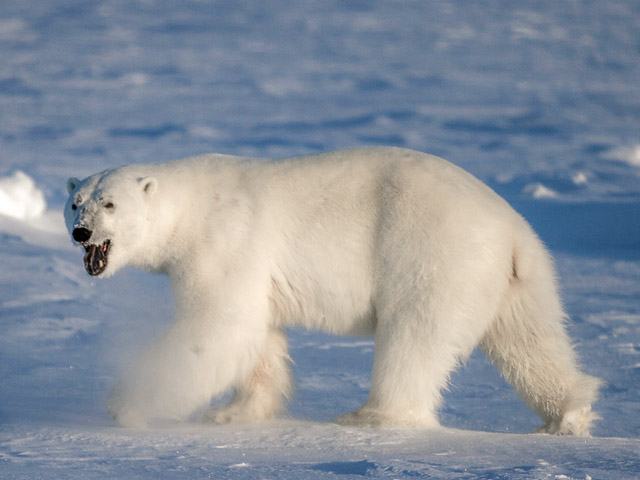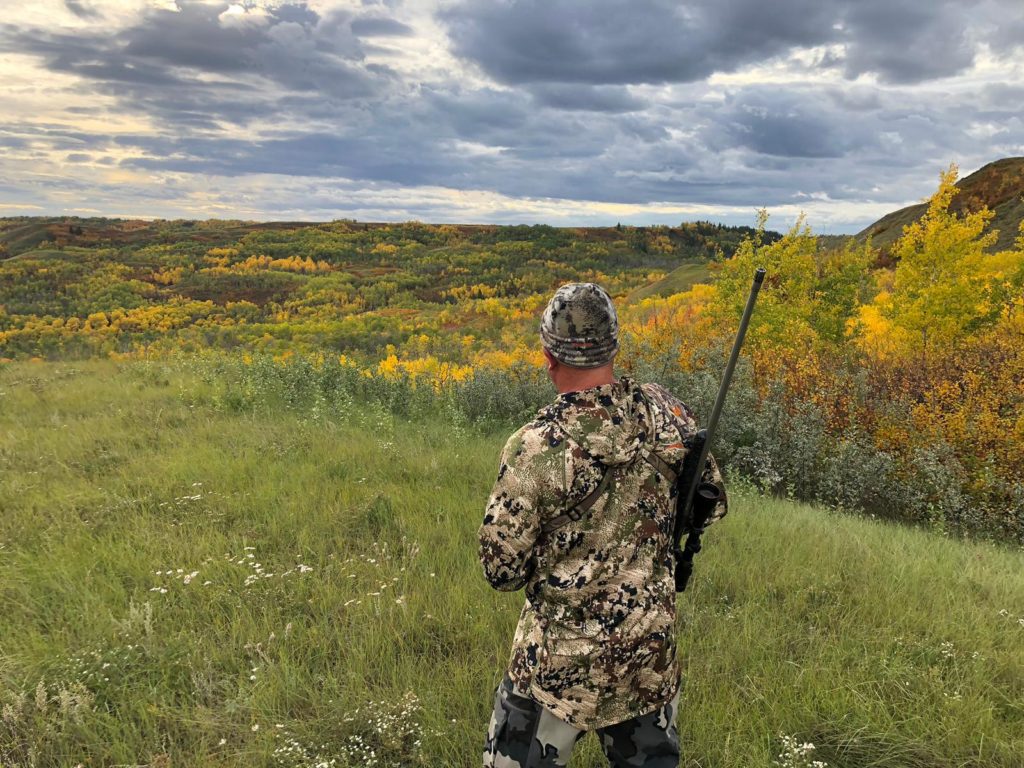
Love Wildlife? Want to make sure there are wild places and wild animals for future generations to enjoy? Then Become a Hunter!
Hunting and Conservation
What? But that’s not what the media and anti-hunting groups say. They say hunters are redneck, egotistical, cold blooded killers who don’t care about wildlife. But, did you know that Wildlife Conservation was actually started by hunters like Theodore Roosevelt, Gifford Pinchot, and others. It’s because of hunters’ absolute love for wildlife and wild places that we have a national park system. Let alone wilderness areas and the wildlife and wild places so many of you enjoy today.
Hunter’s Contribute Over $1 Billion
U.S. hunters contribute well over $1 Billion Dollars a year directly to conservation. Here in the United States hunters contribute through organizations like Wild Sheep Foundation, Rocky Mountain Elk Foundation and others, as well as through tax revenue generated from the purchase of guns, ammo, sporting equipment and licenses/tags.
Hunter’s contribute more to conservation than all of the anti-hunting and environmental groups combined. But, there is a worrisome series of events happening today that jeopardizes the future of conservation.
Decreasing Hunters – Decreasing Conservation
In today’s highly polarized and PC world, hunting is a 4 letter word. People are misinformed by mainstream media and a very vocal anti-hunting community. They don’t want the public to know what hunting is really about, who hunters are and what they actually do for wildlife.
Hunter’s come from all walks of life
Hunters come from all walks of life – they are husbands, wives, developers, engineers, doctors, dentists, electricians, plumbers, singers, painters, sculptors, writers and the list goes on. Our society is very good at assigning stereotypes and lumping people into them.
So why should you become a hunter?
- Connect with nature,
- Connect with your food,
- Provide healthy organic food for your family,
- Pursue a healthy lifestyle
- Ensure sustainable populations of wildlife for future generations.
A recent U.S. Fish and Wildlife survey found that only 5% of the U.S. population over the age of 16 hunts. That makes for about 11.5 million active hunters, this number is down by 50% since the 1950’s. The rate of decrease is due to a number of factors: media attacks, misinformation campaigns, increasing costs, lack of mentors/education and reduced access to hunting areas. This is feeding into a number of much larger issues that affect all of us (non-hunters included).
Hunter’s fund Wildlife Management & Habitat Restoration
Most non/anti-hunters don’t realize or don’t want to admit that hunters and the money they spend on hunting, gear and conservation directly fund wildlife management and habitat restoration (including trail maintenance, parking areas, habitat and wildlife studies).
Hunters provide over 60% of all State Wildlife funding. North Amercia’s wildlife management and conservation model has been highly successful everywhere it has been implemented. Look at countries like, South Africa, Argentina, Mongolia, Australia, New Zealand, Russia, Spain and countless others. It is a proven fact that where wildlife has economic value it grows and thrives. Where wildlife lacks economic value populations decrease, poaching and nuisance killing increases and available habitat decreases as it is no longer viable to manage it.
North American Wildlife Management Model Works
According to Nathan Rott of the NPR: “This user-play, user-pay funding system for wildlife conservation has been lauded and emulated around the world. It has been incredibly successful at restoring the populations of North American game animals, some of which were once hunted (buffalo) nearly to extinction.”

Decrease in Hunters – Impact on Wildlife Agencies
Here in the United States, the money hunters spend on hunting licenses, tags, rifles, bows, ammunition and more goes directly to support State Wildlife Agencies. This includes – wildlife management, wildlife research and habitat restoration programs. As the numbers of hunters decrease, State Wildlife Agencies are forced to cut programs and projects. Which directly impacts the quality and quantity of wildlife and habitat available for everyone to enjoy. PETA, USPCA, Humane Society and countless others who oppose hunting, don’t contribute even a fraction of the funds hunters do for wildlife research, transplants, habitat restoration, conservation easements and more.
Value of Becoming a Hunter vs Non-Hunter
Many people want to argue that you can go on photo safaris, bird watching etc instead of hunting. However, if you speak with wildlife managers they will tell you that these activities don’t provide sufficient revenue streams to even support the management of the wildlife being viewed.
Instead of being a passive non-contributing user of our wildlife, consider becoming a hunter. There are lots of options – upland bird hunting, waterfowl hunting, rifle hunting and so on. There really is something for just about everyone. If you want to take on a challenge, consider becoming a bowhunter. Bowhunting immerses you in nature, connects you with wildlife, while challenging you physically and mentally. When you start hunting, you will find yourself developing a greater appreciation for wildlife and wild places.
The Need For New Hunters
If we fail to add new hunters we will see the acceleration of a vicious cycle with powerful ripple effects. Wildlife Agencies face budget shortfalls, so they increase license and tag prices to try and generate more funds. But the reality, price increases further limit the number of people who can afford to participate. Leading to fewer hunters purchasing gear, licenses and tags, which leads to ever smaller budgets for Fish and Wildlife agencies and the cycle starts over again.

Why Become a Hunter?
So, what I would like to propose is that we look to educate others, not only on the value hunters and hunting provide to wildlife and everyone who enjoys wildlife, but on the benefits of living the sporting lifestyle.
Benefits of Becoming a Hunter and Living the Sporting Lifestyle
- Being physically active,
- Engaging with nature,
- Unplugging from electronics,
- Reducing stress and
- Providing high quality, lean, organic meat for your family.
There is so much to love about the sporting lifestyle and the contributions we as hunters make to conservation that we have failed to share with non-hunters. Even worse, we tend to make it difficult for those who want to become hunters to get the support, education and mentorship they need to embrace the sporting lifestyle.

Hunting – Its about so much more than the harvest.
So, if you love wildlife and want to see wild animals and wild places thrive for your kids, grand kids and great grand kids, think about joining the sporting lifestyle and becoming a hunter and conservationist. Take the time to talk to hunters and ask them why they hunt, very few will say “to kill stuff” for the majority of us as hunters, it is about the simplicity of nature, about the amazing encounters we have with all types of wildlife and most of all recharging our souls in the midst of God’s amazing creation. If you are interested in learning more about the sporting lifestyle, hunting and conservation I would love to talk with you. I love sharing what the sporting lifestyle is all about.
Click the Contact Us Button Below and Lets Talk Hunting
We as hunters put our money where our mouths are when it comes to protecting wildlife and wild places are you doing the same?